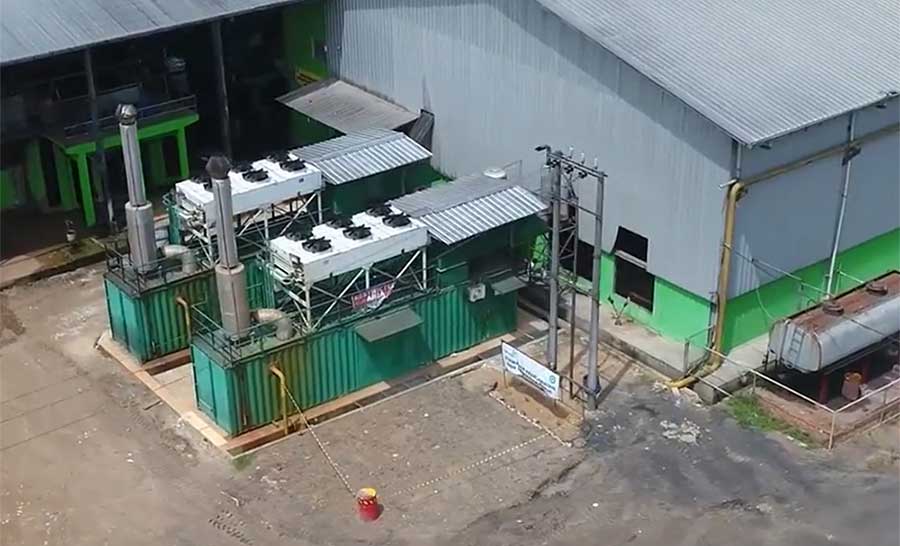The Future of Biogas
Return to: Articles and commentary
The Future of Biogas
Despite the clear benefits of biogas, several challenges persist in unlocking its full potential. These challenges include the need for more effective organic waste collection systems, increased investment in biogas infrastructure from both public and private sectors, and the establishment of supportive policies and regulations. Moreover, raising public awareness and acceptance of biogas as a vital and feasible element of a sustainable future is essential for its broader adoption.
The economic implications of biogas production are significant. By creating new markets for waste-derived products and fostering job creation in the green energy sector, biogas contributes to economic growth and sustainability.
As we navigate through 2024, the role of biogas in addressing climate change, reducing waste, and contributing to sustainable development is increasingly recognised. Its potential as a renewable energy source and a solution to pressing environmental challenges makes it an integral part of global sustainability efforts. Continued innovation, investment, and supportive policies are crucial to fully realise the benefits of biogas. Facing the urgent issues of climate change and resource management, biogas stands as a practical solution for a more sustainable and resilient future.

Increasing Efficiency
The considerable increase in efficiency of biogas technology has made it more adaptable to various settings. In rural areas, small-scale biogas plants provide sustainable waste management solutions and energy independence. Urban biogas initiatives are not only addressing waste management issues but also contributing to the urban energy mix, proving the adaptability and scalability of biogas technology.
The environmental and economic benefits of biogas make it a key component of circular economies, where waste is minimised, and resources are reused effectively. By converting organic waste into energy and fertilisers, biogas plays a pivotal role in creating sustainable loops of resource utilization.
In addition to its environmental and economic advantages, biogas production also has social benefits. It provides opportunities for community involvement and education about sustainable practices. Community biogas projects can bring people together, fostering a sense of responsibility and collective action towards environmental stewardship.
Looking ahead, the role of biogas in global energy strategies is set to grow. With the increasing emphasis on renewable energy sources and the urgent need to reduce greenhouse gas emissions, biogas offers a viable and sustainable solution. Its integration into national and international energy policies could accelerate the transition to a low-carbon economy.
The importance of biogas in the journey towards sustainability cannot be overstated. Its role in mitigating climate change, fostering economic growth, and supporting circular economies positions biogas as a key player in the global shift towards a more sustainable and resilient future. The challenges that lie ahead are significant, but to realise the full potential for the benefit of our planet and future generations, continued innovation, investment, and policy support is essential.
Designed at the Edge of Eden. © Organics Group 2024


